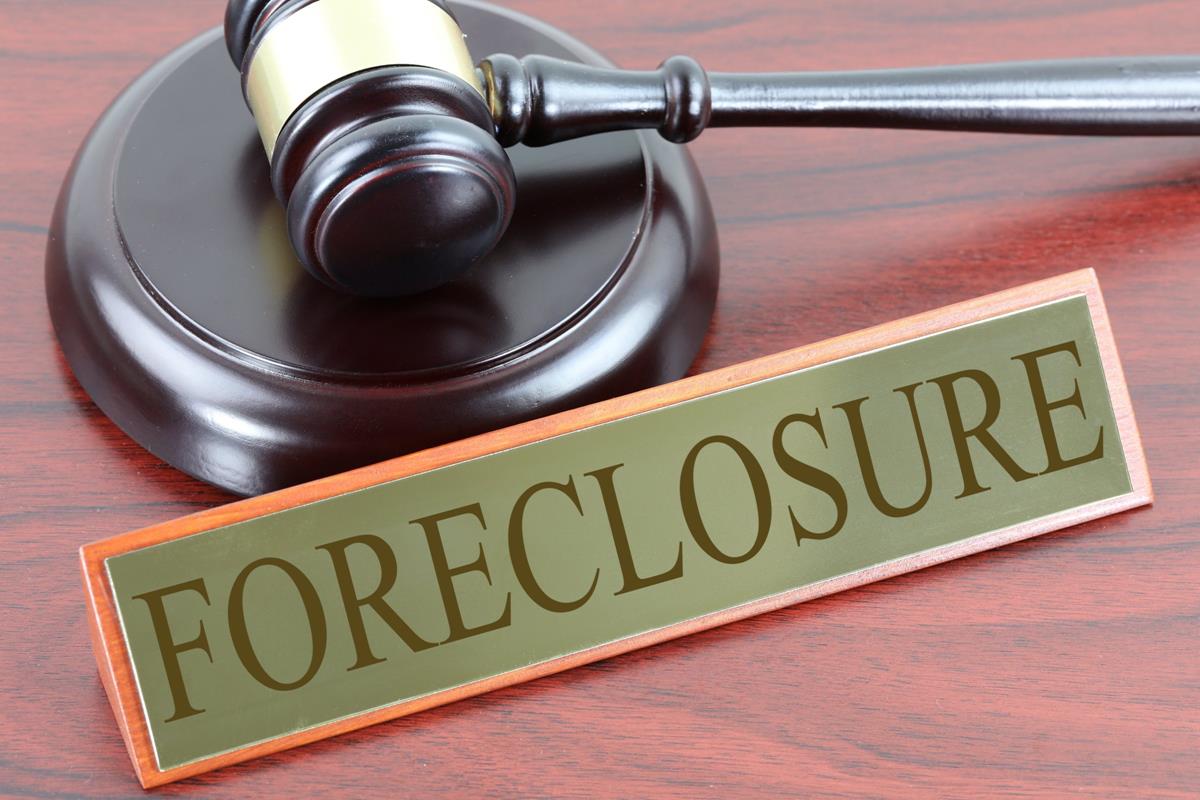For seniors looking for a new venture, house flipping offers a compelling blend of creativity…

You should know what you can do to stop foreclosure on your home, even if your financial situation is currently strong. Being proactive and ready to take the proper steps no matter what this economy throws at you helps you stay in your home.
Your bank doesn’t want to foreclose on your home. They want you to manage your payments and stay in your home. They’re in the lending business, not the realty business. Chances are strongly in your favor that the bank will want to work with you to find a way to stop foreclosure.
Here’s what you can do to stop foreclosure:
Get Organized
Gather your original loan documents. Create a file that includes:
- Your mortgage or deed of trust and your monthly mortgage statements
- Records of monthly payments
- Escrow statements
- Property tax statements
- Insurance information
- Copies of any correspondence from or to your lender
Once you’ve collected this information, read through it all so that you have a thorough understanding of what is going to happen when you do not pay your mortgage. Your mortgage should explain the steps they will initiate if you fall behind on your payments. You may be able to prevent foreclosure by reinstating your loan. Reinstatement allows you to catch up on your missed payments. Your mortgage will explain the fees that the lender can assess if your mortgage lapses.
Get Real
Get out a tablet and start by writing down all your expenses. List them in the order of their importance, with your monthly house payment at the top of the list. Your home is what lenders refer to as a “priority debt.” This means that you pay the mortgage before any other bill. Review vehicle loans and credit cards. List the amount of the minimum monthly payment for credit cards and the average monthly amount for utilities. You should also include variable expenses, such as groceries, gasoline, and childcare. Finally, write down the source and amount of all monthly income.
Create a realistic and firm budget. Look at your expenses with a critical eye. What can you eliminate or consolidate? Can you combine credit card balances on to one card so that you only have one payment as opposed to multiple payments? Do you have any savings that can pay off a vehicle? Can you reasonably work a second job to cover expenses? Would you consider taking on a renter to help with monthly expenses? Is your current financial situation a temporary one? These are all important questions that deserve careful consideration. Be prepared to explain to your lender where you are financially and present a reasonable plan to bring your mortgage current.
Know Your Options
In most cases, federal law prevents a lender from starting a foreclosure until you are more than 120 days delinquent on your mortgage. This doesn’t mean that you have 120 days to avoid paying your mortgage. It means that you have a couple of months to gather your information and contact your lender if you want to prevent foreclosure. There are various options that you may be qualified to pursue.
- Loan Modification. You may be able to permanently modify the terms of your mortgage. This may include extending the time you have to pay the loan or reducing the interest rate. Your lender can often add any past due amounts to the balance of your modified loan.
- Repayment Plans and Forbearance. Your lender may agree to suspend or reduce your mortgage for a period of time if the reason you are unable to pay it is temporary. At the end of this period, you can either bring the loan current with a repayment plan or a loan modification.
- Refinance. If you’re not behind on your payments, ask about refinancing your mortgage for a better interest rate or term.
The Bottom Line
Foreclosure is frightening but you don’t have to face it alone. Don’t avoid contacting your lender as soon as you can. Mortgage lenders have knowledgeable and reputable staff who specialize in helping customers with their loan questions. Many big lenders also have information available about programs you can use to help you with your specific loan concerns. By being prepared, being honest, and asking for help, you can work with your loan servicer to bring your loan current and prevent foreclosure.


